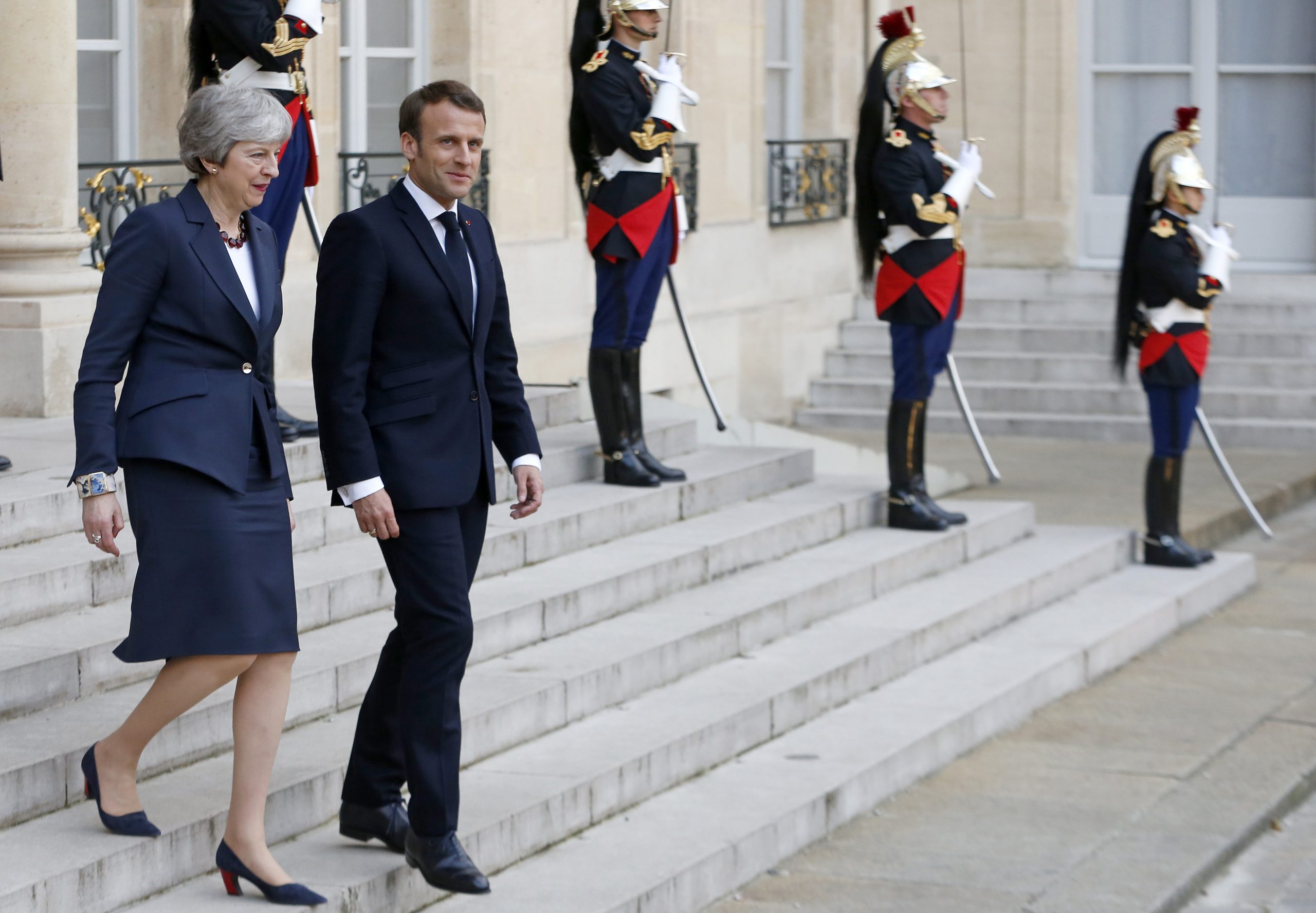
Will Theresa May get her asked-for extension? The Prime Minister will make the case for an extension until 30 June to her fellow heads of government at tonight’s European Council. Yet the likelihood remains that the United Kingdom will end up with a longer extension than May wants – or no extension at all.
Will someone veto the extension request? I’m not going to pretend to be sufficiently versed in Emmanuel Macron’s inner thoughts to be able to say with any authority, but I don’t buy it personally. While the consequences of a no-deal Brexit would fall the heaviest on the UK, I’m yet to have a conversation about it with anybody involved with the planning, whether they voted Remain or Leave, who hasn’t used the phrase “worse than you think” to describe the fallout: it will have knock-on consequences for the rest of the bloc. No one is going to want to have their fingerprints on that particular mess, particularly not if they are then hoping to get support from other EU countries for their ambitious proposals to reform the EU.
But while the request for an extension is likely to be accepted, albeit a longer one than May wants, yesterday’s vote to seek one underlined the problem as far as finding any resolution to the Brexit crisis is concerned. Although asking the EU27 for more time passed the House of Commons overwhelmingly, with 420 votes to 110, just 131 Conservative MPs backed an extension.
The big Brexit problem is that there appears to be no path forward that’s capable of commanding majority support in both the governing party and parliament as a whole.
Will the talks between the Conservatives and Labour yield anything? It doesn’t feel particularly likely. For Corbyn to sign off on a deal it needs to look like a victory to all of the following groups: Labour voters, Labour Party members, and Labour MPs (not necessarily in that order). While for May to retain enough Tory support for it to pass, it can’t look too much like a defeat. What’s more, it needs to look enough like Brexit to appeal to Leave voters, yet be sufficiently unlike Brexit that it won’t irritate Remain ones.
No such Brexit exists. But it is in the interests of neither May nor Corbyn to be the one who walks out of the talks, so they rattle on regardless. Of course, the cross-party negotiations are really just a device to get the government the extra time it needs. But what happens once that extra time is secured? The only ways out look to be the two things that we know for certain a majority of MPs don’t want: an election or a referendum.






